MercoPress. South Atlantic News Agency
Tag: Argentina
-
Tuesday, May 7th 2019 - 09:59 UTC
The “Spiritual Leader of the Argentine Nation” was born a century ago
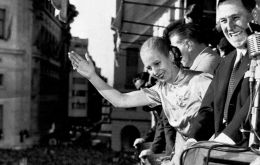
She was probably the most influential woman in recent South American history, who in her brief life changed the political culture of Argentina: she was adored by the poor and the workers, she empowered women and helped her husband, as First Lady, build a formidable catch-all movement that has since dominated Argentine politics. All this in such a short period of time, less than a decade, has turned Evita Peron into a myth.
-
Tuesday, May 7th 2019 - 09:56 UTC
Macri hopes to strike a political understanding with arch rival Cristina Fernandez
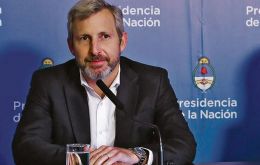
Argentina's president Mauricio Macri is looking to strike an accord with political rivals, including nemesis Cristina Fernandez de Kirchner, in a bid to calm volatile markets ahead of presidential elections towards the end of the year.
-
Tuesday, May 7th 2019 - 09:40 UTC
Argentina's recession steams on: industrial output in March dropped 13.4%
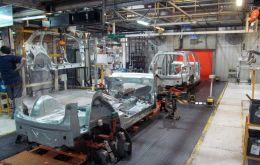
Argentina's industrial output slid a steeper-than-expected 13.4% in March compared with the same month last year, the government's Indec statistics agency said on Monday, as the recession-hit economy struggles to return to growth.
-
Tuesday, May 7th 2019 - 08:32 UTC
Pope Francis tells Argentine bishops he desires to visit his homeland in the near future

Despite stating at the outset that he didn’t like travel and didn’t plan to do much of it, during the first six years of his pontificate Pope Francis made close to 30 international trips, including visiting virtually every country of Latin America. Yet there’s one glaring exception: his home country, Argentina and neighbouring Uruguay.
-
Monday, May 6th 2019 - 09:58 UTC
Eighteen Argentine military officers face torture charges from the Malvinas war
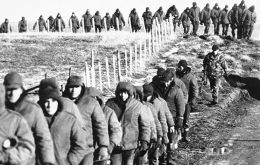
Next June/July eighteen former Argentine officers will be facing formal torture charges, allegedly committed against conscripts during the Falklands conflict 37 years ago, and twelve years since the beginning of the official investigation by the Tierra del Fuego federal court.
-
Saturday, May 4th 2019 - 09:58 UTC
Former Argentine army chief (under Cristina Fernandez) on trial for kidnapping and torture
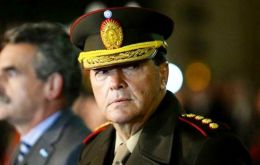
A former Argentine army chief went on trial Friday for the kidnapping and torture of a father and son during the country's military dictatorship.
-
Saturday, May 4th 2019 - 09:56 UTC
Brazil and Argentine currencies recover against a weaker US dollar

Latin American currencies ended on a high note on Friday against a weaker dollar after robust U.S. jobs data painted a brighter picture for global growth and gave the U.S. central bank more reason to stay on its dovish path.
-
Saturday, May 4th 2019 - 09:54 UTC
Brazilian industrial production down 1.3% in March and 6.1% from a year ago
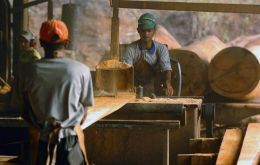
Brazil’s industrial production fell 1.3% in March from the month before, statistics agency IBGE said on Friday, a steeper fall than economists had expected and another indication of the economy’s sub-par performance in the first quarter.
-
Friday, May 3rd 2019 - 11:46 UTC
Latin American currencies softened against a strong US dollar following the Fed's two days meeting
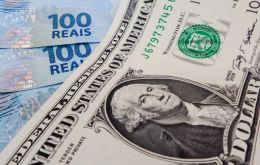
Latin American currencies softened against a stronger U.S. dollar on Thursday, a day after the U.S. Federal Reserve kept interest rates steady, while most regional stock markets broadly fell along with their global peers.
-
Wednesday, May 1st 2019 - 03:10 UTC
Tens of thousands demonstrated in partial strike in Argentina; unions divided as to how face Marci’s austerity measures
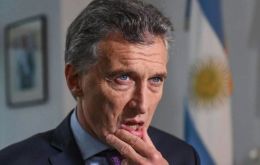
Tens of thousands of Argentines demonstrated on Tuesday in a partial strike that grounded airplanes and shut banks and other businesses to protest the economic policies of President Mauricio Macri.
